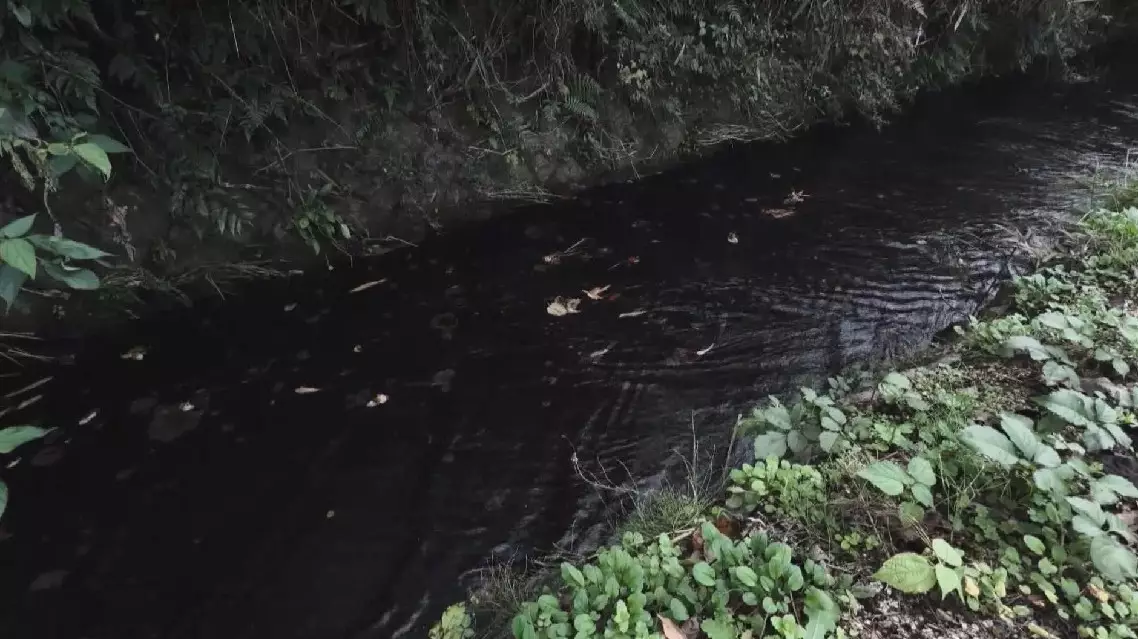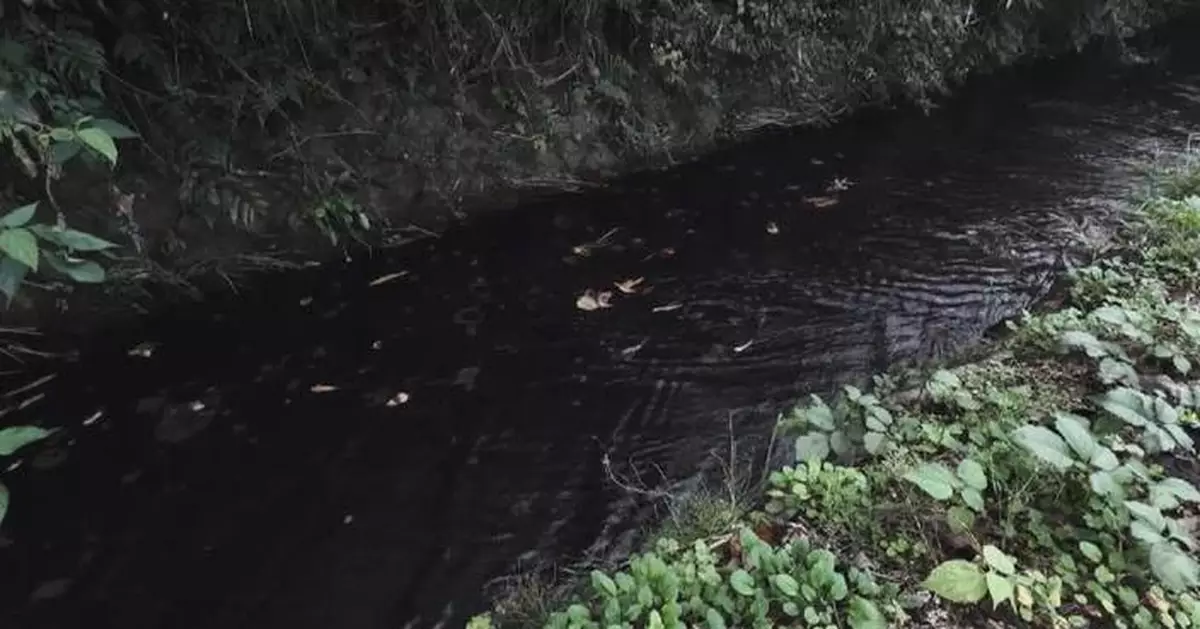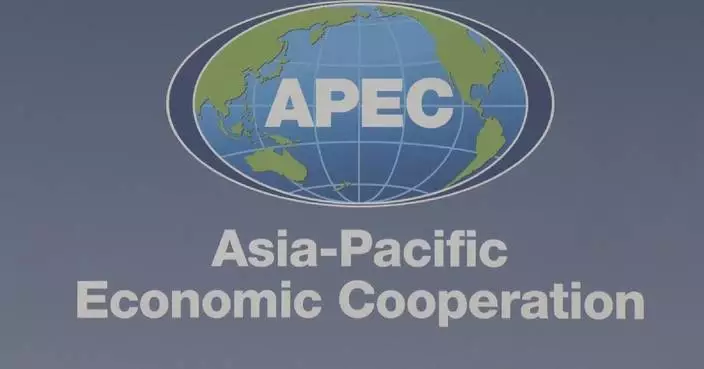Water quality in Higashihiroshima City, Hiroshima Prefecture of Japan, has long been plagued by pollution of military bases of the United States in the country, which poses potential threats to the health and farming of local residents.
Since December last year, multiple water quality investigations in Higashihiroshima have revealed significant pollution in local water bodies near a U.S. military ammunition depot.
The contamination is primarily due to two highly concentrated organic fluorine compounds, PFOS and PFOA, which do not naturally exist in the environment but are synthetic chemicals commonly used in firefighting foam and other materials.
"We were required to stop using well water and only use tap water. We have abandoned growing rice this year either. The U.S. military ammunition depot is located over there. It's a large area and a small river flows from that direction. We don't know if that's the source of the pollution," said a local resident.
In the most contaminated areas, the concentration of the PFOS and PFOA reached a staggering 15,000 nanograms per liter, which is 300 times higher than Japan's provisional safety standard of 50 nanograms per liter.
"We found high concentrations of pollutants to the south and northeast of the U.S. military ammunition depot. Japan's provisional standard stands at 50 nanograms per liter. This area exceeds Japan's provisional standard by 300 times. I believe this is an extremely high concentration," said Mito Akira, an official of Higashihiroshima's Life and Environmental Department.
Experts warn that prolonged consumption of water contaminated with organic fluorine compounds may harm the immune system, liver, and kidneys, and could even lead to tumors.
The U.S. military had previously denied the use of firefighting foam containing these harmful chemicals.
However, in September this year, they reversed their stance, admitting that they had used the foam for firefighting purposes for 19 years from 1991 and had even burned large quantities of the raw foam concentrate in 2020.
The U.S. military base in Higashihiroshima has been present for nearly 80 years, but for the local population, it remains shrouded in mystery.
Despite the U.S. military acknowledging the past use of hazardous firefighting foam, local residents are demanding more transparency.
They are seeking further details on the scale of the foam usage and its potential impact on the surrounding water systems.
However, obtaining more information remains difficult as the U.S. military has yet to allow external investigations into the site.

Japan's water quality haunted by U.S. military bases


















































